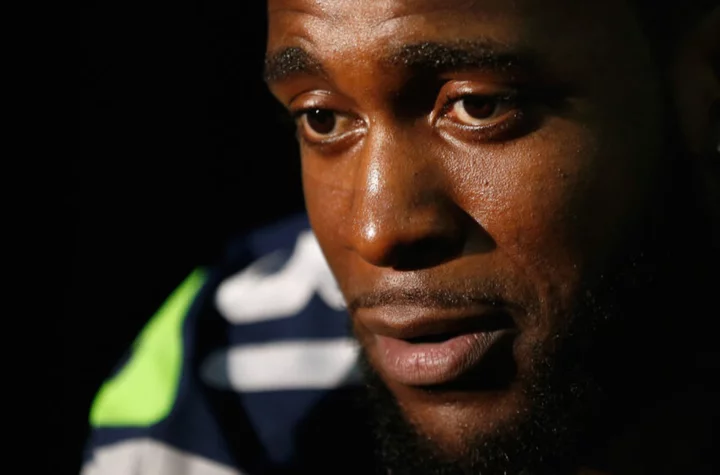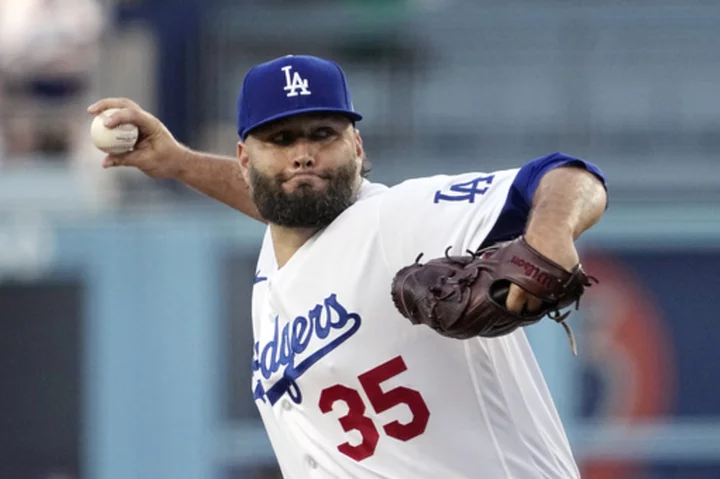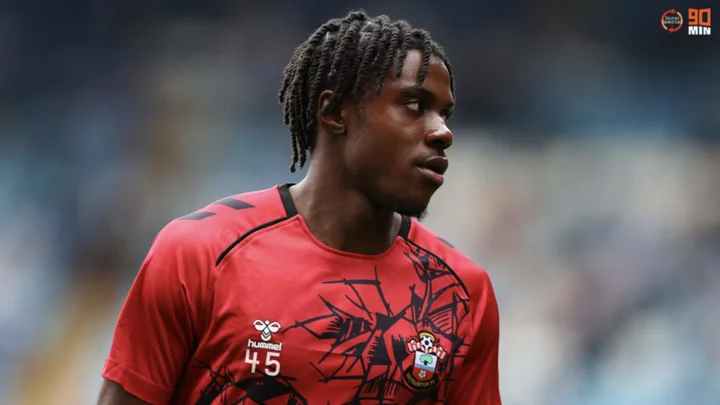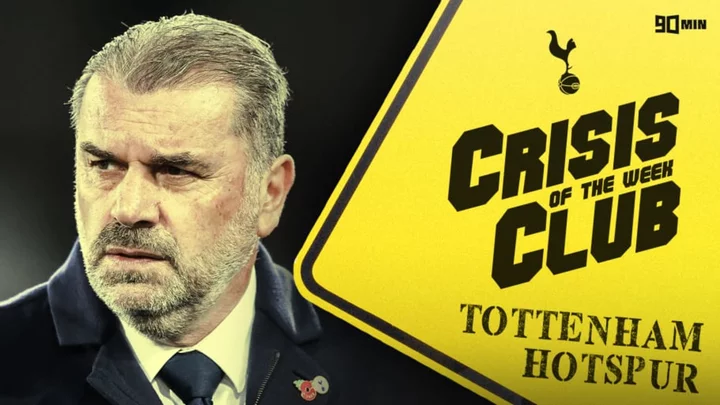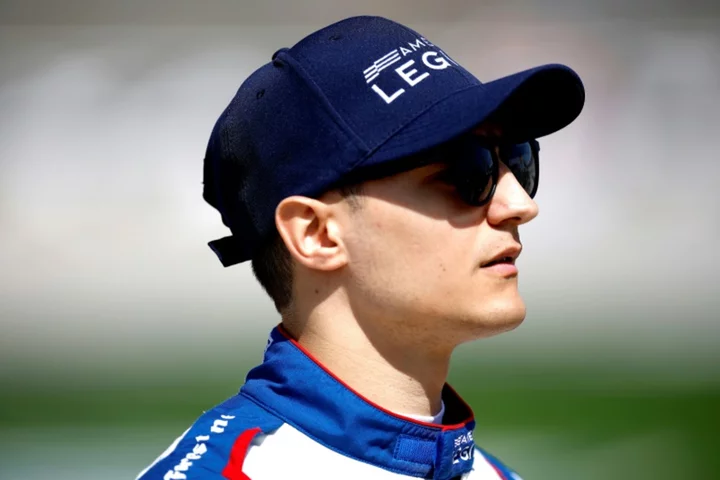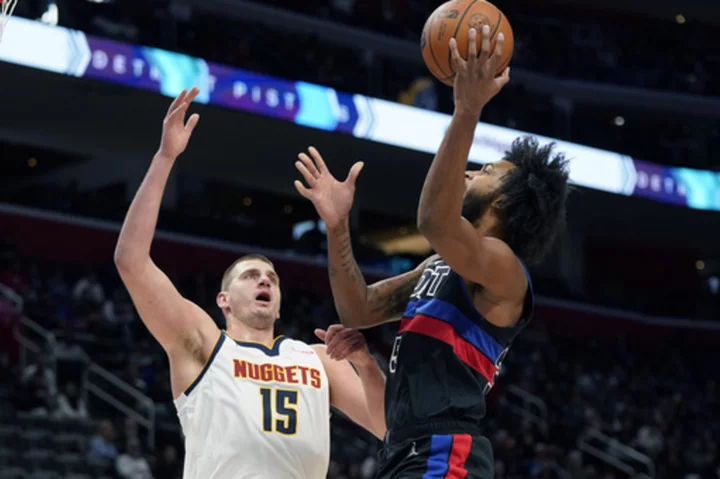Due to various rule changes and cultural shifts in the NFL, some of the league's most legendary players would have thrived even more in a different era.
NFL history has been shaped by its greatest players, which is why imagining them outside of their respective eras is a complicated thought experiment. These players not only shaped the past but they were shaped by the rules and expectations that influenced the game at the time.
Considering the contemporary shift to erode defensive impact by amplifying NFL offenses, it seems that it would be easier to imagine recent defenders faring better in the past than past ones thriving in the present. In some cases, this is true, especially for hard-hitting defenders who would have drawn much fewer flags for their brutal style of play. But conversely, there are some advantages to playing defense today, especially in the context of increased support for athletes. In the past, there were defenders who could have greatly benefitted from the leverage players wield today. It may have even recalibrated the trajectory of Hall of Fame careers.
While the thought experiment could be applied to many legendary players throughout NFL history, here are three who would have certainly thrived playing in a different era.
NFL defenders who played in the wrong era: 3. Kam Chancellor, S
The Seahawks' short-lived "Legion of Boom" was embodied by no one more than hard-hitting safety Kam Chancellor. Evidenced by his "Bam Bam" nickname, Chancellor was celebrated for his uncompromising method of play, slamming into opponents and instilling fear throughout the league.
During his seven-year NFL career spent with the Seahawks, Chancellor excelled as one of the league's leading strong safeties. A Super Bowl XLVIII champion who helped the team return to the championship the following season, Chancellor was a four-time Pro Bowler who made second-team All-Pro in 2013 and 2014. Despite this, Chancellor was flagged for some of his hits, enduring 12 personal foul penalties from 2011 until 2016, including eight for unnecessary roughness.
Before their Super Bowl appearance in 2015, Seahawks cornerback Richard Sherman insisted that Chancellor "damages people's souls", a haunting description of the league's premier strong safety at the time. He also confirmed that if Chancellor had played in the 1970s, "some people wouldn't be here today."
"He plays in a dark place," Sherman said. "We feed off of him all game long. He's an intimidator, aggressive ball player, and he plays by the rules. I couldn't imagine him playing in the '70s. Some people wouldn't be here today if he was able to play in the '70s."
While safeties such as Brian Dawkins and Troy Polamalu saw their livelihoods influenced by the league's rule changes, they were still able to experience the NFL in the late 1990s and early 2000s. Nothing encapsulates this more than ESPN's "Jacked Up!" segment, which was canceled in 2006 due to increased awareness about the devastating long-term effects of concussions.
If Chancellor did play in the 1970s, his playing style wouldn't have been as unique, but it's equally true that he could have knocked opponents out of the game as Sherman theorized.
NFL defenders who played in the wrong era: 2. Sam Huff, MLB
As the pioneer of the middle linebacker position and one of the greatest to ever play the role, it may be difficult to imagine Sam Huff succeeding even more in a later era. Playing from 1956 to 1969, Huff won an NFL Championship with the New York Giants during his rookie season. Additionally, Huff made the roster on five Pro Bowl, two first-team All-Pro and four second-team All-Pro teams. Named one of the NFL's Top 100 Greatest Players in 2010 and one of the NFL 100 Greatest Game-Changers in 2019, Huff was inducted into the NFL Hall of Fame in 1982. Originally drafted to play as a lineman, Giants assistant coach Tom Landry positioned Huff as the middle linebacker in his revolutionary 4-3 defense. "It was such a beautiful thing for me," Huff said of his position. "It was like I was born to play it."
Huff became famous for battling legendary running backs such as Jim Brown, but in today's NFL offense, Huff's impressive count of 30 career interceptions would have been much higher in today's game. Huff's gift of adaptability would have made him an unparalleled asset today, even as the NFL shifts once again to increased nickel coverage. Middle linebackers such as Ray Lewis, Luke Kuechley and Bobby Wagner owe their position to Huff, who carved out a role in NFL defenses for the "quarterback of the defense", and today, Huff likely would have garnered more credit for shaping the defense.
Whether or not Huff would have flourished more against pass-heavy offenses could be debated, but what is certain is that Huff would have likely enjoyed more leverage as a player in today's NFL. Long before Odell Beckhjam Jr. became the face of the New York Giants, Sam Huff popularized the NFL in New York City. Huff was the first NFL player to be featured on the cover of TIME Magazine, and he was the first NFL player to ever be recorded wearing a microphone during play for "The Violent World of Sam Huff", a 1960 CBS television special hosted by Walter Cronkite.
Huff was controversially traded from the Giants to Washington in 1964, although today, the league's leading middle linebacker would presumably have a no-trade clause in place. Huff also would have had the benefit of being a free agent, but considering his professed loyalty to the Giants, it seems he probably would have made a strong case to stay there, one that today's organization would be more compelled to respect.
While earlier NFL defenders benefitted from fewer restrictions on their style of play, they also experienced fewer freedoms and opportunities as athletes. Surprisingly, this managed to limit the possibility of another Hall of Fame player who knew how to promote his brand long before the social media era.
NFL defenders who played in the wrong era: 1. Deion Sanders, CB
The past offers nostalgia for most defensive players, but not necessarily for cornerbacks. In a game that relied heavily on the run game, cornerbacks weren't given the same opportunities as today. It's true that in 1971, Bill Bradley led the NFL with 11 interceptions, a feat that Trevon Diggs replicated 50 years later in 2021. Yet the passing yards leader in 1971 was John Hadl with 3,075 yards, while in 2021, Tom Brady led the league with 5,316 passing yards. There are more passing attempts, more receive routes run, and more opportunities for offensive mistakes that allow cornerbacks the ability to shut down opponents like never before. That's one of the many reasons that Deion Sanders would have thrived in today's game.
Sanders finished his NFL career with 53 interceptions returned for 1,331 yards and nine touchdowns, with 25 passes defended, 10 forced fumbles and 512 total tackles. Playing consecutively from 1989 to 2000, then a short stint with the Baltimore Ravens from 2004-2005, Sanders was still able to enjoy the advent of the passing era, yet he primarily missed the Tom Brady-Peyton Manning rivalry. Sanders was able to face Hall of Fame quarterbacks like Joe Montana, Troy Aikman, Dan Marino and Jim Kelly in the 1990s, but the high-octane offenses that allowed Diggs to feast on interceptions in 2021 would have enthralled Sanders thirty years prior.
Yet the primary reason that Sanders played in the wrong era is that Prime Time would have been an even bigger name had he played today. Sanders was the first NFL player to uniquely brand himself the way he did, using his level of play to reinforce his greatness. Sanders lived up to his "Prime Time" and "Neon Deion" nicknames, taking every opportunity to showcase his personality off the field to reinforce his legend on it. Sanders even released an entire rap album in 1994 as a monument to his greatness, and that was before he won two Super Bowls.
As lauded as Sanders is for the era he played in, and as much well-deserved attention that he garnered, it's exciting to imagine an even bigger spotlight on Sanders if he played today — if that's even possible.

